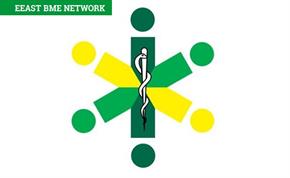
Every October EEAST marks Black History Month, but what is it and where did it come from?
The event originates from the United States, where Carter G Woodson, the ‘Father of Black History’, recognised how limited both education and career opportunities were for black people.
In 1926 he sent out a press release to mark the first Black History Week in the US. Throughout his life, Carter G Woodson worked tirelessly to promote black history in schools, leaving an indelible legacy. The event was expanded in 1970, and since 1976 every US president has officially designated February as Black History Month in the US.
The month of February was chosen in the US because it coincides with the births of former President Abraham Lincoln and Frederick Douglass - who escaped slavery and became a key social activist. Both men played a significant role in helping to end slavery.
Black History Month was first celebrated in the UK in 1987 and was organised through the leadership of Ghanaian analyst Akyaaba Addai-Sebo, who had served as a coordinator of special projects for the Greater London Council (GLC) and created a collaboration to get it underway.
When Black History Month first started in the UK, there was a big focus on black American history. Over time there has been more attention on black British history and key black figures from the UK, such as:
This national celebration now aims to promote and celebrate Black contributions to British society, and to foster an understanding of Black history in general and over the years has specifically focused the Windrush generation, slavery, and more recently, activism following the death of George Floyd in 2020.
To find out more please visit the Black History Month website, the National Ambulance BME forum, or join EEASTs own BME network by emailing BME.Network@eastamb.nhs.uk.
Published 17th October 2022